With the rise in sedentary lifestyles and poor dietary habits, finding effective and natural ways to manage blood pressure is of utmost importance. Enter grape juice – a delicious and nutritious elixir that carries numerous benefits, including its potential to significantly impact blood pressure levels. From its rich antioxidant content to its ability to improve overall heart health, grape juice has proven to be a valuable addition to any heart-healthy regimen. 1. Antioxidant-rich nature: Grape juice is packed with antioxidants, including flavonoids, resveratrol, and phenolic compounds. These antioxidants assist in reducing oxidative stress and inflammation in the body, both of which are known to contribute to high blood pressure.
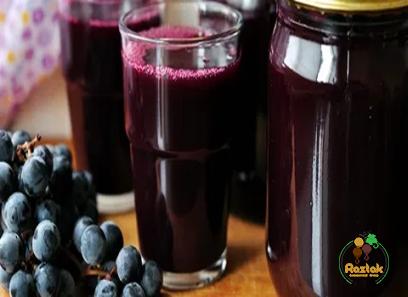
.
 By scavenging harmful free radicals, grape juice protects the cardiovascular system from damage and supports healthy blood pressure levels. 2. Nitric oxide production: One of the remarkable qualities of grape juice is its potential to boost nitric oxide production. Nitric oxide acts as a vasodilator, helping to relax and widen blood vessels. This increase in vessel diameter reduces resistance to blood flow, thus lowering blood pressure. Regular consumption of grape juice has been found to improve endothelial function, which is crucial for healthy blood vessel function and regulation of blood pressure.
By scavenging harmful free radicals, grape juice protects the cardiovascular system from damage and supports healthy blood pressure levels. 2. Nitric oxide production: One of the remarkable qualities of grape juice is its potential to boost nitric oxide production. Nitric oxide acts as a vasodilator, helping to relax and widen blood vessels. This increase in vessel diameter reduces resistance to blood flow, thus lowering blood pressure. Regular consumption of grape juice has been found to improve endothelial function, which is crucial for healthy blood vessel function and regulation of blood pressure.
..
 3. Phytochemicals and polyphenols: Grape juice is teeming with beneficial phytochemicals, including polyphenols like flavonols and anthocyanins. These compounds have been linked to improved cardiovascular health and lowered blood pressure. Flavonols, in particular, exert positive effects on blood pressure by enhancing endothelial function, reducing inflammation, and enhancing vasodilation. Anthocyanins, responsible for the rich hues of purple and red grapes, also possess anti-inflammatory and antioxidant properties, thus promoting heart health. 4. Potassium content: Grape juice is a natural source of potassium, an essential mineral that plays a crucial role in regulating blood pressure. Potassium helps counterbalance the effects of sodium in the body, maintaining a healthy balance of electrolytes. By increasing potassium intake through grape juice consumption, individuals can promote overall heart health and manage blood pressure levels effectively.
3. Phytochemicals and polyphenols: Grape juice is teeming with beneficial phytochemicals, including polyphenols like flavonols and anthocyanins. These compounds have been linked to improved cardiovascular health and lowered blood pressure. Flavonols, in particular, exert positive effects on blood pressure by enhancing endothelial function, reducing inflammation, and enhancing vasodilation. Anthocyanins, responsible for the rich hues of purple and red grapes, also possess anti-inflammatory and antioxidant properties, thus promoting heart health. 4. Potassium content: Grape juice is a natural source of potassium, an essential mineral that plays a crucial role in regulating blood pressure. Potassium helps counterbalance the effects of sodium in the body, maintaining a healthy balance of electrolytes. By increasing potassium intake through grape juice consumption, individuals can promote overall heart health and manage blood pressure levels effectively.
…
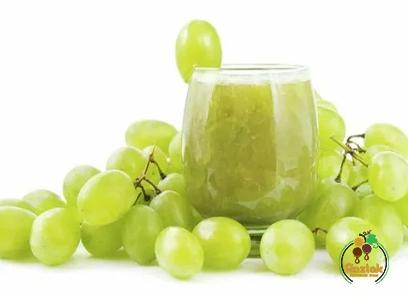 5. Additional cardiovascular benefits: Beyond its direct impact on blood pressure, grape juice provides numerous other cardiovascular benefits. Studies have shown that regular consumption of grape juice can help lower LDL cholesterol levels, reduce plaque buildup in arteries, and improve blood lipid profiles. A healthy cardiovascular system is better equipped to manage blood pressure and maintain optimal health. Conclusion: Grape juice offers a natural and delicious way to maintain healthy blood pressure levels. With its wide array of antioxidants, phytochemicals, and potassium content, grape juice has shown potent benefits in improving heart health and reducing high blood pressure. Incorporating grape juice into a well-balanced diet and adopting a healthy lifestyle is a simple yet effective step toward better cardiovascular health. As always, consulting with a healthcare professional is recommended before making any significant dietary changes, especially for individuals with existing medical conditions.
5. Additional cardiovascular benefits: Beyond its direct impact on blood pressure, grape juice provides numerous other cardiovascular benefits. Studies have shown that regular consumption of grape juice can help lower LDL cholesterol levels, reduce plaque buildup in arteries, and improve blood lipid profiles. A healthy cardiovascular system is better equipped to manage blood pressure and maintain optimal health. Conclusion: Grape juice offers a natural and delicious way to maintain healthy blood pressure levels. With its wide array of antioxidants, phytochemicals, and potassium content, grape juice has shown potent benefits in improving heart health and reducing high blood pressure. Incorporating grape juice into a well-balanced diet and adopting a healthy lifestyle is a simple yet effective step toward better cardiovascular health. As always, consulting with a healthcare professional is recommended before making any significant dietary changes, especially for individuals with existing medical conditions.


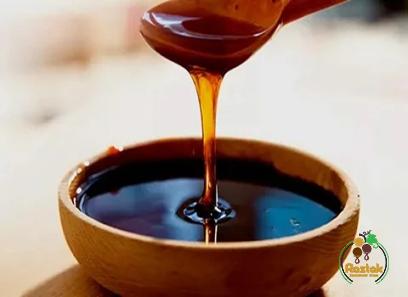
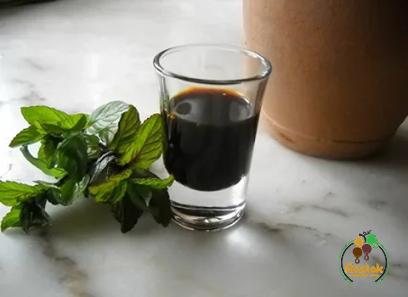
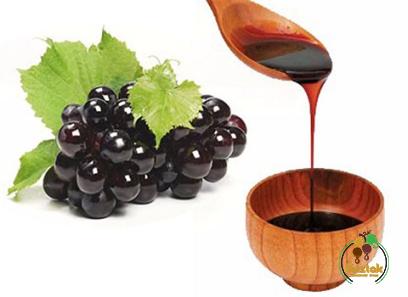

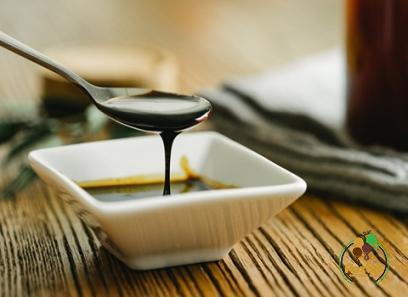

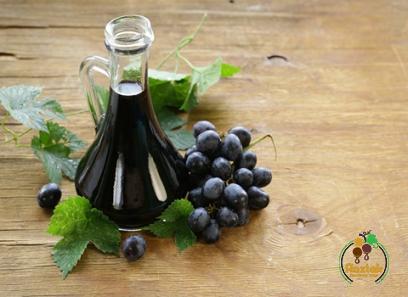

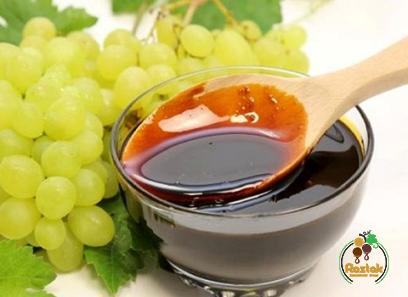
Your comment submitted.